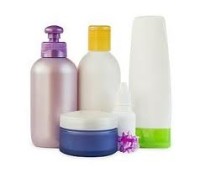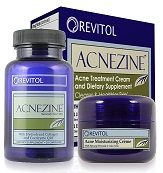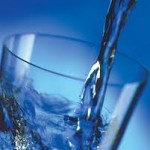 The best acne treatments are those that address the underlying cause. Although acne usually happens to teenagers, it also occurs in people who are in their 20s, 30s and 40s. Acne is not a serious medical condition, but does have significant emotional and psychological impact in a person’s life. (1)
The best acne treatments are those that address the underlying cause. Although acne usually happens to teenagers, it also occurs in people who are in their 20s, 30s and 40s. Acne is not a serious medical condition, but does have significant emotional and psychological impact in a person’s life. (1)
Treating your acne often becomes a singular focus in a person’s life as they struggle to improve the condition of their skin and face they show to the public. While it may not be an accurate assessment of an individual, most people make judgments based on a person’s appearance. And acne doesn’t give the best positive impression.
Most people turn to over-the-counter medications for acne treatment but these products are usually designed for adolescent skin and not the best for adults. The majority of the treatments only take care of the surface of the problem while most triggers arise from a number of different factors.
Before using any over the counter preparation or medication prescribed by the physician, consumers should know the ingredients of the products they are considering. This is not only responsible behavior but also helps when you might be changing medications. If Product A has the same ingredients as Product B then changing to Product B won’t change your results.
References:
(1) Canadian Family Physician: Psychological Sequelae of Acne Vulgaris: Results of a Qualitative Study
http://www.ncbi.nlm.nih.gov/pubmed/17273501
(2) Drugs.com: Acne Treatment Side Effects
http://www.drugs.com/sfx/acne-treatment-side-effects.html
(3) MayoClinic.com: Acne Prevention
http://www.mayoclinic.com/health/acne/ds00169/dsection=prevention
| Advertisement | |
 |
|


Leave a Reply